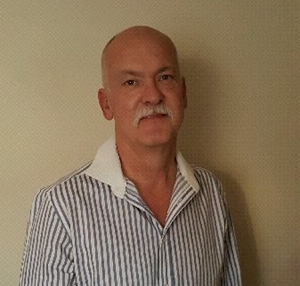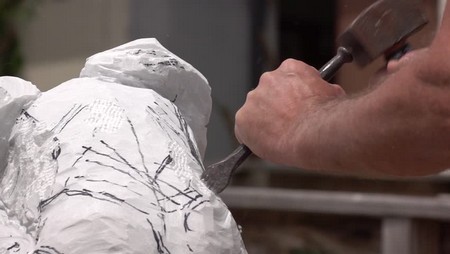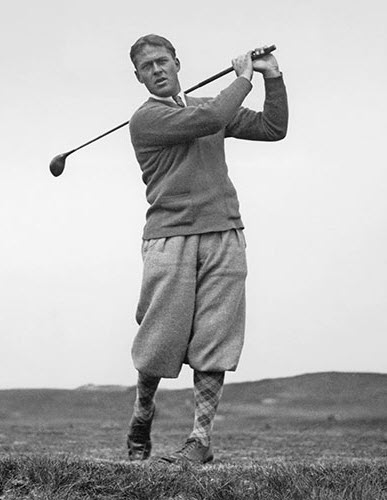Thank you for visiting my website.
"If it wasn't for that one day .........."
I am sure a story just formed in your head - maybe something that defines you and makes you the person that you are. Possibly a story that influences your actions and your relationships with others.
I firmly believe, from personal experience and years of observing others, that stories can and do change lives. This statement not only applies to individuals but also to organisations. Stories form and influence organisational culture.
That is why I subscribe to the RockSoup story and endeavour - on a daily basis - to apply the lessons from that story in my personal life and my training approach.
I am a freelance facilitator / lecturer / corporate trainer and course material content developer with more than 30 years experience - mainly in the fields of law, finance, banking, economics, sales, marketing, strategy and the soft skills. I also proactively build networks with likeminded individuals and organisations in order to both learn and teach.
I have trained at certificate, diploma, graduate and post-graduate level at various organisations:
* University of Johannesburg
* Damelin
* Millpark Business School
* Varsity College
* Global Business School
* Qatar Skills Academy
* Absa Bank
* Barclays Bank (Zambia, Namibia, Mozambique)
* First National Bank
* Nedbank
* Standard Bank
* National Bank of Ethiopia
* Academy of Financial Markets
* NoviaOne
* Institute of Bankers in South Africa
* Kaizen IMS







